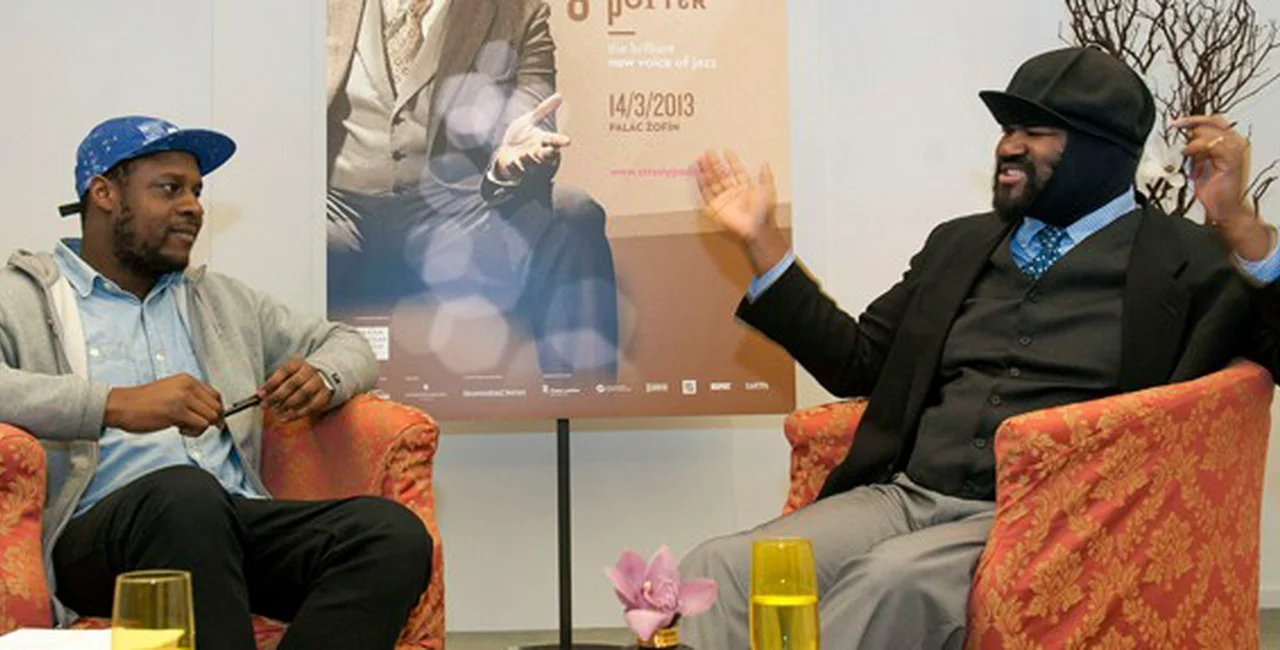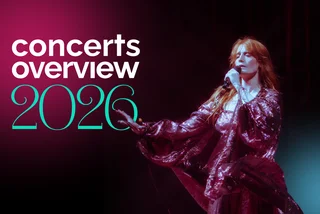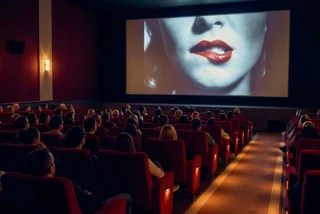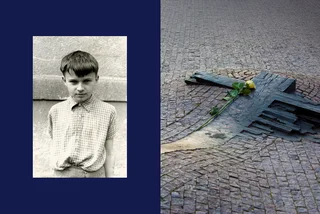Velvet-voiced, Gregory Porter returns to Prague this week. The jazz star will be performing at this Thursday’s Spring Strings Gala. Porter exploded to fame with his fantastically smooth debut album: ‘Water’. The 2010 release earned the New Yorker a Grammy nomination and well-deserved praise from the Jazz world and mainstream press. The New Yorker’s ‘Be Good’ 2012 follow up received accolades and has cemented Porter as a jazz force to be reckoned with. I had some time with the articulate jazz man to talk performance, preparation and communication before Thursday evening’s gala performance.
Welcome back to Prague! Thursday will mark your second performance in the Czech Republic!
PARTNER ARTICLE
I’m really happy to be back! I have had the opportunity to look around a little bit this visit. Although today was a busy day with interviews and TV performances, I did manage to get to the castle and to some of the museums around the castle. A lot of walking and freezing!
Busy indeed! How do you usually prepare for a performance?
Generally, I don’t ever write a set list before a show. I just go with a feeling, I think to myself, this audience would want to hear…this. So, it’s almost like we’re DJing up on stage sometimes! This [Thursday’s] performance is slightly different though, we know what songs we’re going to play, but there’s always room for improvisation. Some songs may have a slightly different tempo or feel. There are some songs that I don’t get to perform very often, so maybe we’ll do some of those on Thursday. I like to mix things up!
Do you enjoy performing?
I do. When everything goes right it’s a glorious place to be! When I can hear myself properly and the sound levels are good. When the sun is shining and the daisies are popping out of the ground![Laughs]. Seriously though, the sound quality and being able to hear myself is very important. For me there’s nothing worse than not being able to communicate with the audience. If there’s a problem with the microphone or speakers then something is getting in the way of you being able to communicate.
Do you feel a similar breakdown in communication between the performer and their audience occurs in large venues? Do you prefer preforming in more intimate settings?
I like small venues. But each individual audience has its own personality. They have a personality as a group. You have to just do your thing and not perform for the response, but perform for the sake of the music. With that attitude everyone leaves the show feeling happy, both the performers and the audience.
Could you tell us a little bit about what goes into the recording process?
I like to be organic with my music. We record the tracks with all the musicians together in one room. So what you hear is what you hear. I love the unsynthesized sound when I listen to Bill Withers or Milton Nascimento. It sounds like they’re right next to you. You hear the sound of their lips, the spits. It’s OK, It’s OK. At some point we’ve got to be human in the music again. I try not to over-produce my music. We don’t do 800 takes! The song should have a life. When I listen back to tracks on my first album “Water” I can hear mistakes. But I like the mistakes. I can hear that I lose my breath in a certain song. Now, I could cut that part and get another part from another take and put it in there and make it sound like I didn’t run out of breath. But sometimes you just run out of breath, that’s OK! We’re only human! I’m just following the footsteps of the people I really loved listening to. On some particular recordings they sound human. Why does jazz have to be so perfectly posed?
Do you come into problems with your record label over imperfections? Surely they want a perfect product?
I have had creative control for both of my albums. My label had some suggestions after I completed my current album: Be Good. The label wanted to change the sequence of the songs. They thought that I should place “Painted on a Canvas” last and that I should open the album with something upbeat. But I really felt that it was important to start with something soulful. I want to start with something that’s about mutual respect. It’s the same with my live show. I want to start by greeting the listener and telling them that I respect them. I used to start my shows with Nature Boy which is a song about respect. The last line of the song is: “The greatest thing you’ll ever learn is to love and be loved in return”. I love songs that have messages like that.
Gregory Porter will be performing at Spring Strings Gala 14.03.13. By purchasing a ticket to this event you are making a donation to Strings of Autumn which is a non-profit organisation.











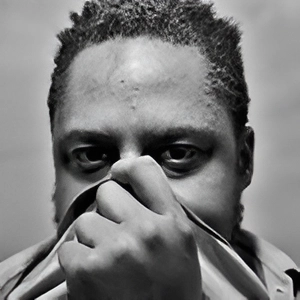
 Reading time: 4 minutes
Reading time: 4 minutes 